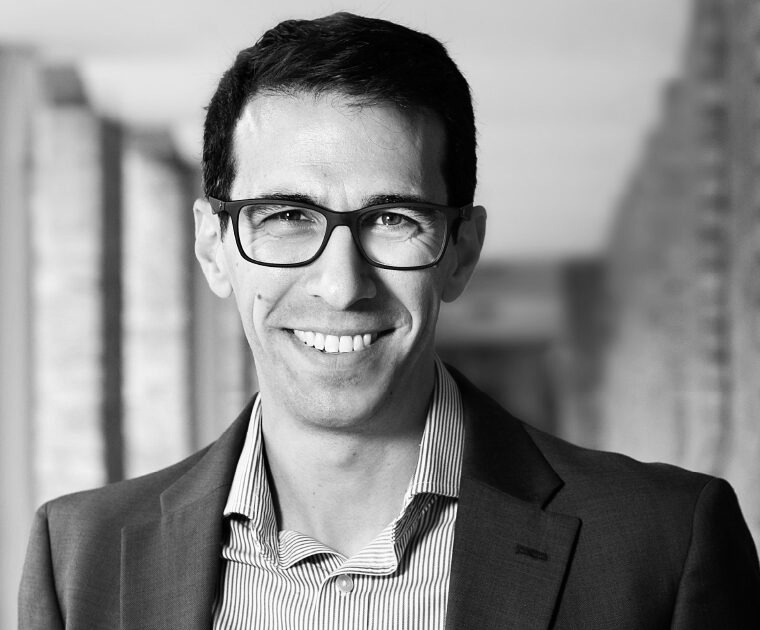The event is sponsored by CYTA BUSINESS
Live On Stage and Online Event
DANIEL EFFRON
A Leading Social Psychologist
International Speaker
Professor of Organizational Behaviour at London Business School
Daniel Effron earned a Ph.D. in social psychology from Stanford University, and a B.A. in psychology from Yale University (magna cum laude). He taught at the Kellogg School of Management at Northwestern University, and was a fellow of the Edmond J. Safra Center for Ethics at Harvard University.
His research examines the psychological processes that allow people to act unethically without feeling unethical. He also researches how people form judgments of others’ wrongdoing. His work has appeared in such scholarly publications as Journal of Personality and Social Psychology, Psychological Science, Organizational Behaviour and Human Decision Processes, Journal of Applied Psychology, and Journal of Consumer Research.
He is frequently featured and quoted in popular media outlets as the New York Times, the Washington Post, the Los Angeles Times, The Atlantic, and BBC News.
About The TALK
Misinformation, Fake News and Dishonesty: Living in a Post-Truth world
We constantly read that we live in a “post-truth” era.
As lies and “fake news” flourish, citizens appear not only to believe misinformation, but also to condone/accept misinformation they do not believe.
Dr. Effron’s research shows three psychological factors that encourage people to condone misinformation: partisanship, imagination, and repetition.
Each factor relates to a hallmark of “post-truth” society: political polarization, leaders who push “alterative facts,” and technology that amplifies disinformation.
A central concern with this post-truth era is that not only people believe and spread misinformation- but when they recognize it as false, they continue to spread lies, and give it a moral pass.
The question is: Why Do We Excuse Dishonesty in a Post-Truth World?
What sort of behaviour drives people to become dishonest and spread fake news? Professor Effron who analyses human behaviour argues that:
- Alignment of one’s beliefs: misinformation seems less unethical when it aligns with one’s belief’s, politics and convictions.
- Imagination-imagining an alternative to reality can reduce how much people condemn misinformation, even when they recognize the misinformation as false.
- Repetition – which refers to how many times one encounters fake news on social media, can increase belief in misinformation; studies reveal that repetition can
reduce how much people condemn misinformation they know to be false.






